The overarching aim of the ReLiB project is to establish a technology pipeline and provide a clear roadmap for the efficient end-of-life management of electric vehicle (EV) lithium-ion batteries in the UK, encompassing both current and future battery chemistries.
Our Team

Dr Mazhar Abbas
Newcastle University
- Group:FI Researchers
Dr Mazhar Abbas
Newcastle University
Institution: Newcastle University
Mazhar Abbas is a Research Associate with focus on testing and algorithms for EoL grading and second-life qualification for Li-ion batteries. He studied Electrical Engineering at Chungnam National University, South Korea, gaining a PhD degree in 2022. Mazhar worked for a year at the National University of Science and Technology, Pakistan as a lecturer, before joining the ReLiB project in Feb 2024.

Professor Andrew Abbott
University of Leicester
- Group:Co-Investigators
Professor Andrew Abbott
University of Leicester
Specialism: Physical Chemistry
Institution: University of Leicester
Professor Andrew Abbott is a Professor of Physical Chemistry at the University of Leicester. Professor Abbott specialises in research areas surrounding green chemistry, with a particular emphasis on electrochemical processes. He is actively developing novel solvent systems with industrial applications, such as metal deposition and dissolution. Much of his work to date has been in the development of novel processes using ionic liquids.
WORK STREAM 2 LEAD: Characterisation & Recycling
The recycling and analysis work stream is focussed on the safe and efficient segregation and repurposing of the battery cell constituents. The aim is to design a process which ensures the most efficient separation of the collectors, active materials, polymers and electrolytes. It will test viable solvo- and mechanical processes for delamination and include a variety of chemical and biochemical routes to regenerate and up-cycle the metal oxide fraction. Close collaboration with the Universities of Birmingham, Edinburgh, Leicester and Liverpool together with the Diamond Light Source facility will characterise the mechanical and morphological properties of the cell components as a function of age, providing an insight into degradation pathways. The work stream will demonstrate, on a realistic scale, the fast, efficient segregation and recovery of LiB materials aiding the circular economy in batteries.
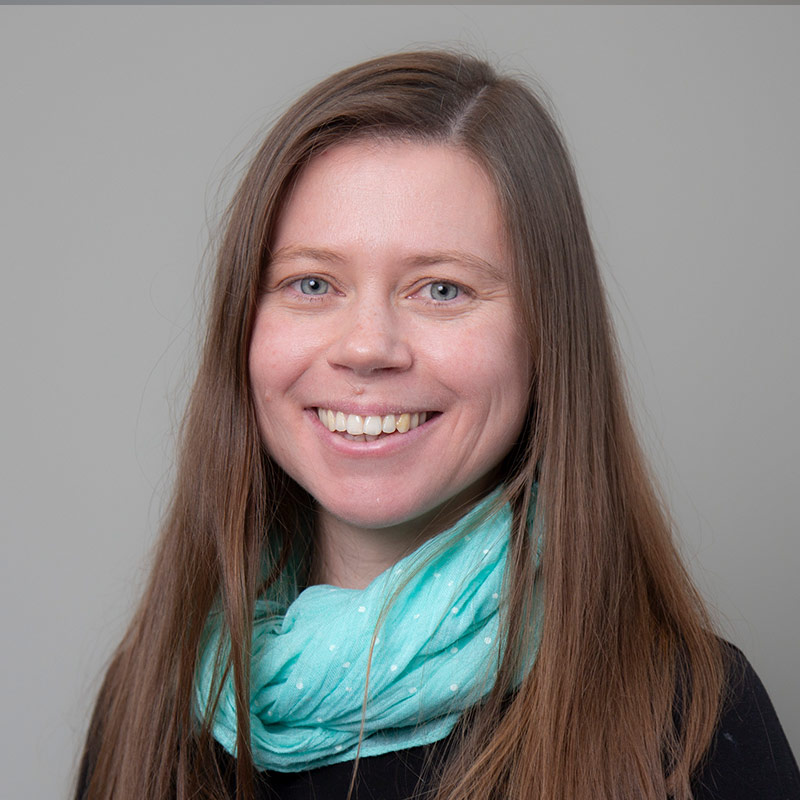
Dr Phoebe Allan
University of Birmingham
- Group:Co-Investigators
Dr Phoebe Allan
University of Birmingham
Specialism: Chemistry
Institution: University of Birmingham
Dr Phoebe Allan is a Birmingham Fellow and lecturer in the School of Chemistry. Her research focuses on materials chemistry for energy storage using synchrotron and lab-based characterisation methods.
Prior to joining the University of Birmingham in 2018, Dr Allan held a Junior Research Fellowship at Gonville and Caius College, and an Oppenheimer Fellowship from the School of Physical Sciences at the University of Cambridge.
From 2015 – 2017, she also worked as a beamline support scientist at Diamond Light Source – the UK’s synchrotron source. She completed her PhD at the University of St Andrews in 2012.

James Annis
University of Birmingham
- Group:FI Researchers
James Annis
University of Birmingham
Institution: University of Birmingham
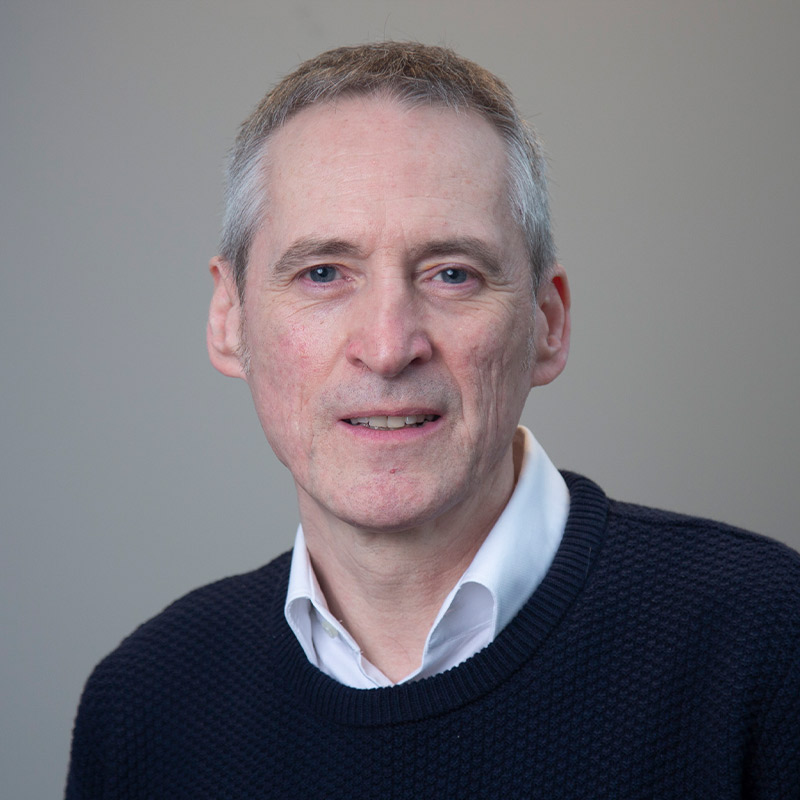
Professor Paul Anderson
University of Birmingham
- Group:PM Team
Professor Paul Anderson
University of Birmingham
Specialism: Materials Chemistry
Institution: University of Birmingham
Professor Paul Anderson is the Principal Investigator for the Faraday ReLiB project. He is a Reader in Inorganic and Materials Chemistry in the School of Chemistry at the University of Birmingham and co-founder of the Birmingham Centre for Strategic Elements and Critical Materials.
The synthesis and development of improved materials for energy applications has been a major theme of his research for over two decades, with particular interests in ion mobility in hydrogen storage materials and related Li+and H+electrolyte systems, and the efficient husbandry of the earth’s elemental resources.
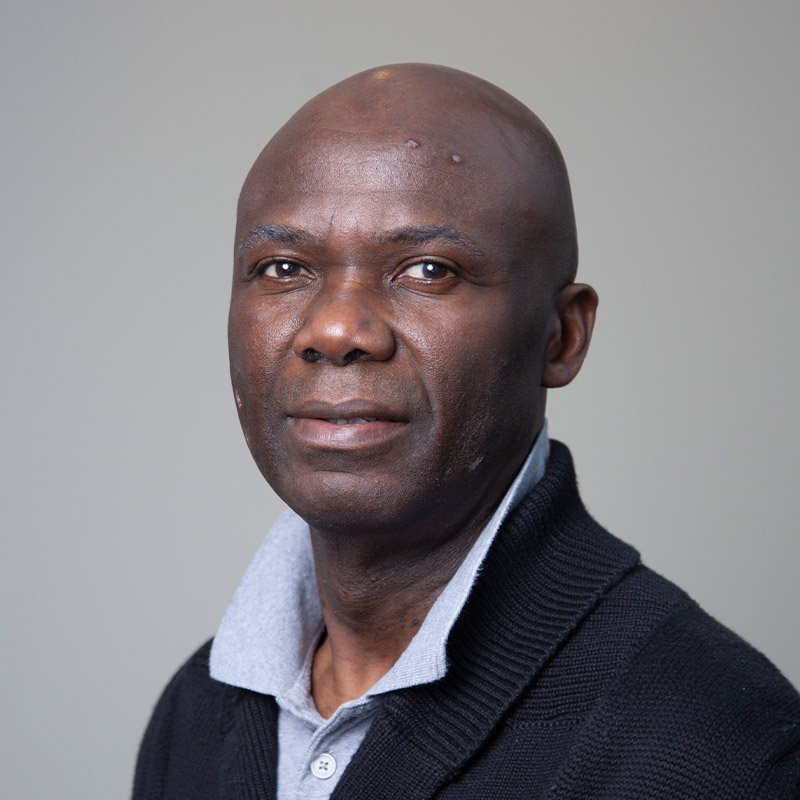
Dr Pierrot Attidekou
University of Birmingham
- Group:FI Researchers
Dr Pierrot Attidekou
University of Birmingham
Specialism: Electrochemistry
Institution: University of Birmingham
Dr Pierrot Attidekou’s research interest includes the development of non-invasive characterisation of high power density lithium-ion batteries and modelling. He is also interested in materials synthesis, characterisation and cell assembly as well as cell characterisation.
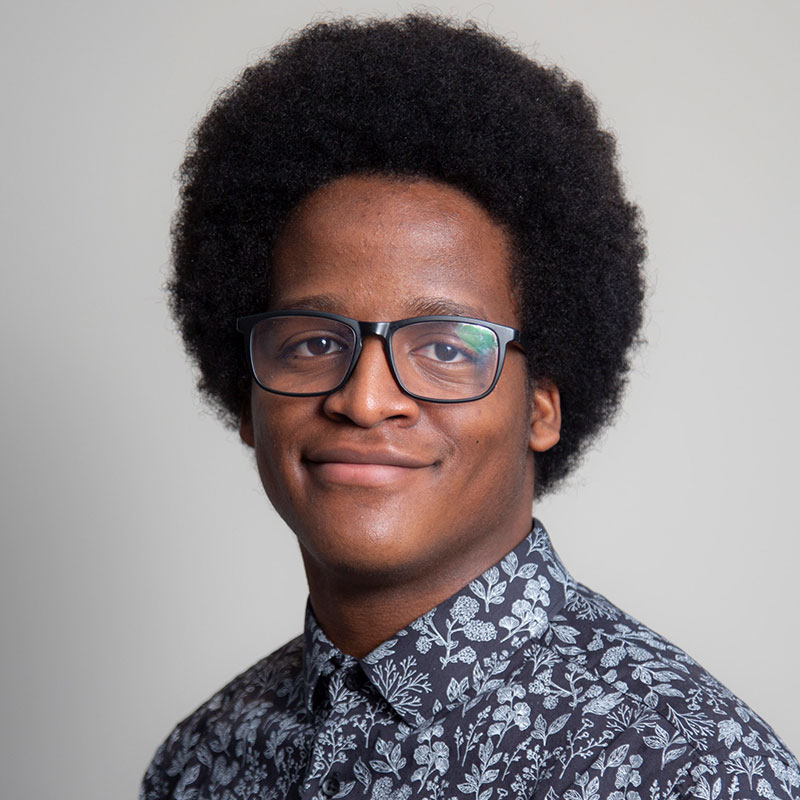
James Batten
University of Birmingham
- Group:PhD Students
James Batten
University of Birmingham
Institution: University of Birmingham
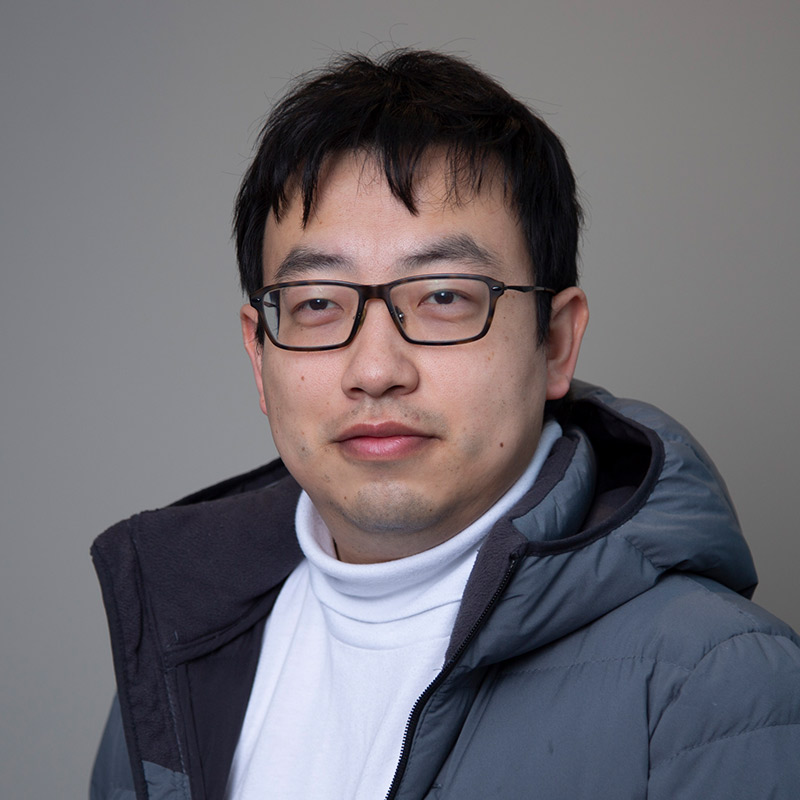
Dr Wenjia Du
University of Oxford
- Group:FI Researchers
Dr Wenjia Du
University of Oxford
Institution: University of Oxford

Paul Cornick
University of Birmingham
- Group:PM Team
Paul Cornick
University of Birmingham
Specialism: Chemistry
Institution: University of Birmingham
Paul leads the operational and commercialisation activity of the project. Paul has an extensive career working in the public sector, especially linked to the Education, Skills, Research & Technology Transfer agenda. Paul is particularly skilled at working through large complex public sector organisations and projects and engaging with stakeholders with competing agendas to deliver successful outcomes.

Ethan Cheung
University of Leicester
- Group:PhD Students
Ethan Cheung
University of Leicester
Institution: University of Leicester

Lou Cooper
University of Birmingham
- Group:PhD Students
Lou Cooper
University of Birmingham
Lou is a third-year PhD student in the Anderson Group at the University of Birmingham, researching novel processes for recycling PVDF binder from lithium-ion batteries. Their work focuses on identifying green solvents for the targeted removal and recovery of PVDF from electrodes, enabling direct recycling of both the binder and other electrode materials. Combining thermodynamic modelling with experimental validation, Lou’s research seeks to identify candidates to replace conventional hazardous solvents such as NMP and presents an alternative approach to typical binder removal processes employing pyrolysis or chemical degradation, minimising hazardous HF and PFAS emissions while enabling the recovery of high-value active materials.
Specialism: Chemistry
Institution: University of Birmingham
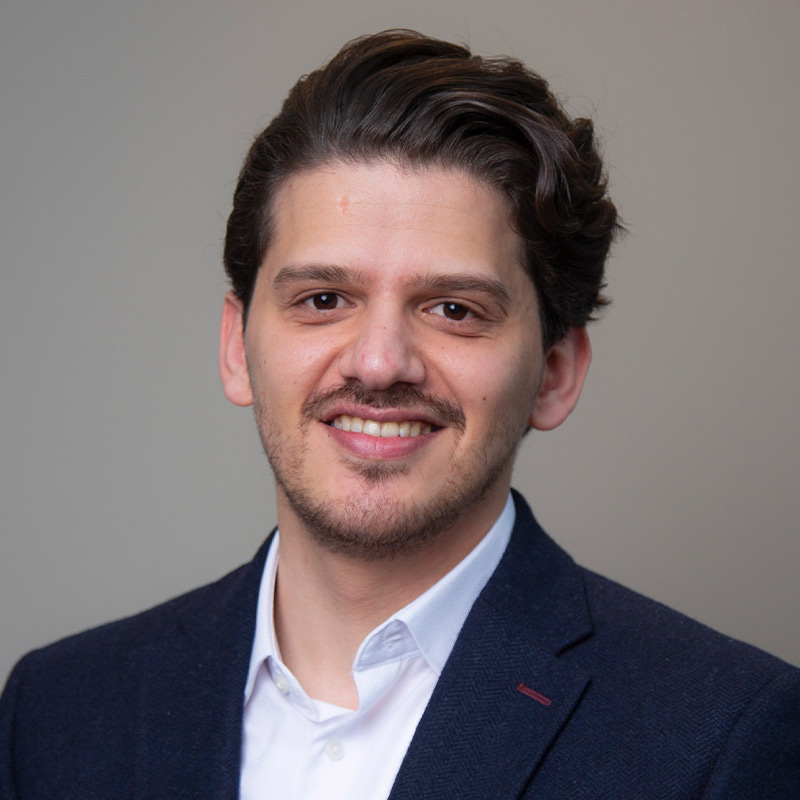
Dr Ma’d El Dalahmeh
University of Newcastle
- Group:FI Researchers
Dr Ma’d El Dalahmeh
University of Newcastle
Institution: University of Newcastle
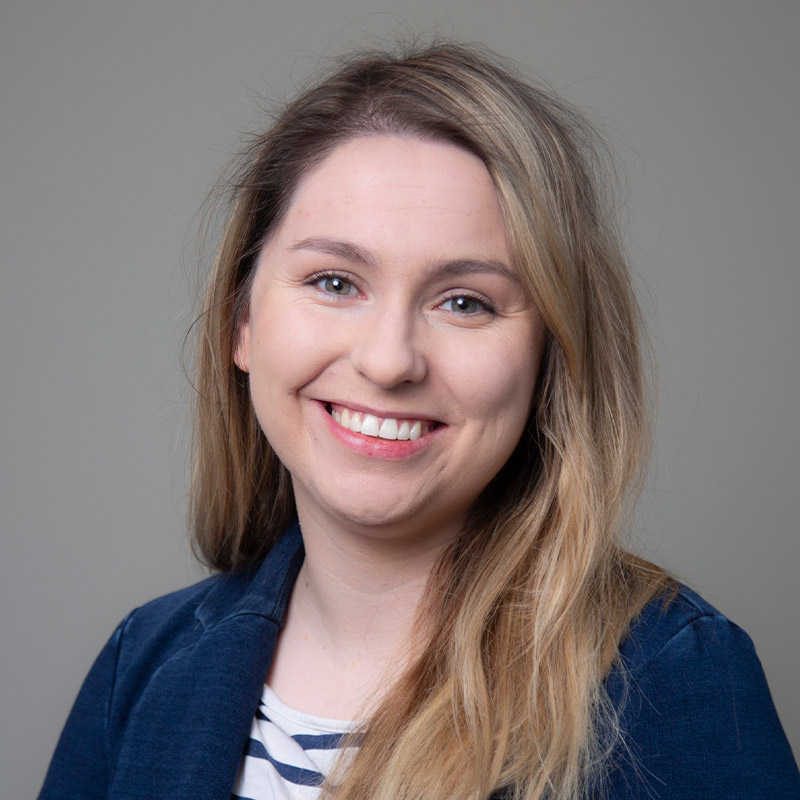
Dr Elizabeth Driscoll
University of Birmingham
- Group:FI Researchers
Dr Elizabeth Driscoll
University of Birmingham
Specialism: Chemistry
Institution: University of Birmingham
Department: Metallurgy and Materials
Dr Elizabeth (Lizzie) Driscoll is a research fellow within the Energy Materials Group chaired by Prof. Emma Kendrick at the University of Birmingham, UK and works on the Faraday Institution’s ReLiB project.
Lizzie obtained a PhD in Chemistry in 2022 from the University of Birmingham on the topic of ‘Novel Electrode Materials and Educational Resources for Li-/Na-ion Batteries’, where her work focused on the synthesis of novel sodium metal polyanion cathode systems, as well as high power niobium anode systems. Prior to this work, Lizzie’s research was in the form of energy generation, having interned with Oxford PV Ltd and completing a Masters in greener alternatives for photovoltaic materials.
Her work over the past 2 years has focused on the physical and chemical processing in the recycling of Li-ion batteries – with consideration towards reclaiming lithium, and now more recently understanding processing effects associated with the direct recycling of LiFePO4. As of May 2023, Lizzie is also working part-time on Prof. Peter Slater’s Industrial Fellowship with Echion Technologies.
Lizzie has, over the years, also been a keen advocate for battery education and outreach, which has been recognised with a number of accolades – the Royal Society of Chemistry Inspirational Member Award 2021 and the Faraday Institution’s STEM outreach-public engagement award.
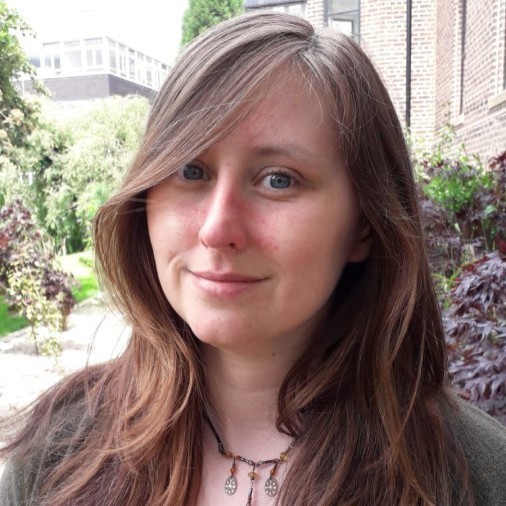
Laura Driscoll
University of Birmingham
- Group:FI Researchers
Laura Driscoll
University of Birmingham
Laura Driscoll is a Senior Research fellow (Group leader) at the University of Birmingham. She has 13 years of experience in the area of battery materials (with a focus on solid state chemistry) across both academia and industry. Her previous research experience covers materials for Na-ion batteries, electrolytes for solid-state batteries and novel routes to recycle waste from Li-ion batteries. Her current research is a continuation of her previous recycling work, exploring new routes to recover critical materials from all forms of batteries regardless of condition/age.
Specialism: Chemistry
Institution: University of Birmingham
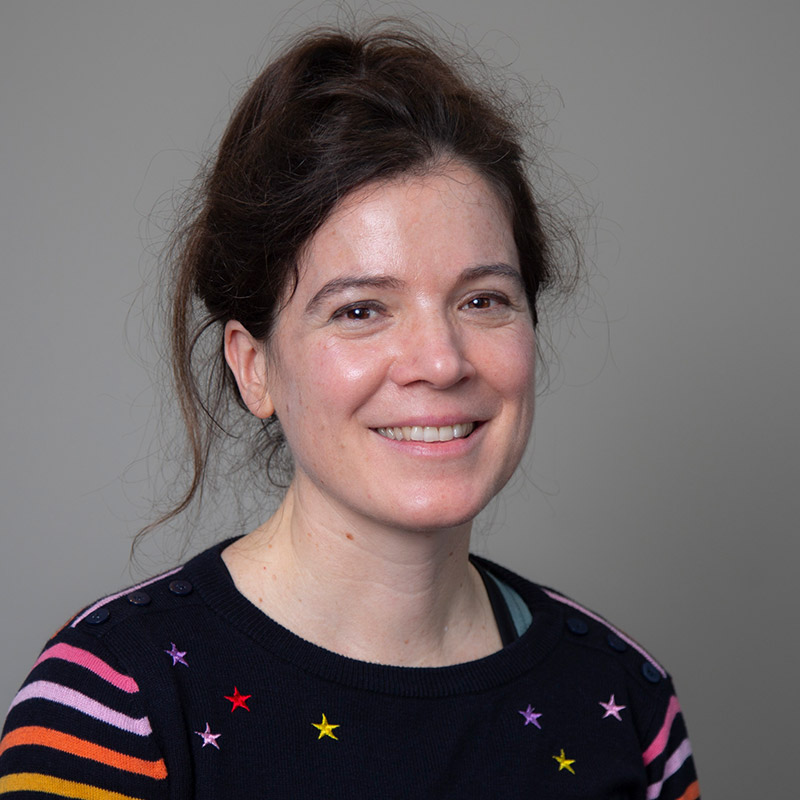
Dr Virginia Echavarri-Bravo
University of Edinburgh
- Group:FI Researchers
Dr Virginia Echavarri-Bravo
University of Edinburgh
Specialism: Microbiology & Bionotechnology
Institution: University of Edinburgh
Dr Virginia Echavarri-Bravo is a postdoctoral research associate in the Horsfall’s lab.
She has been researching the biological recycling of metals from waste and the synthesis of biogenic metallic nanoparticles with enhanced properties since 2015.
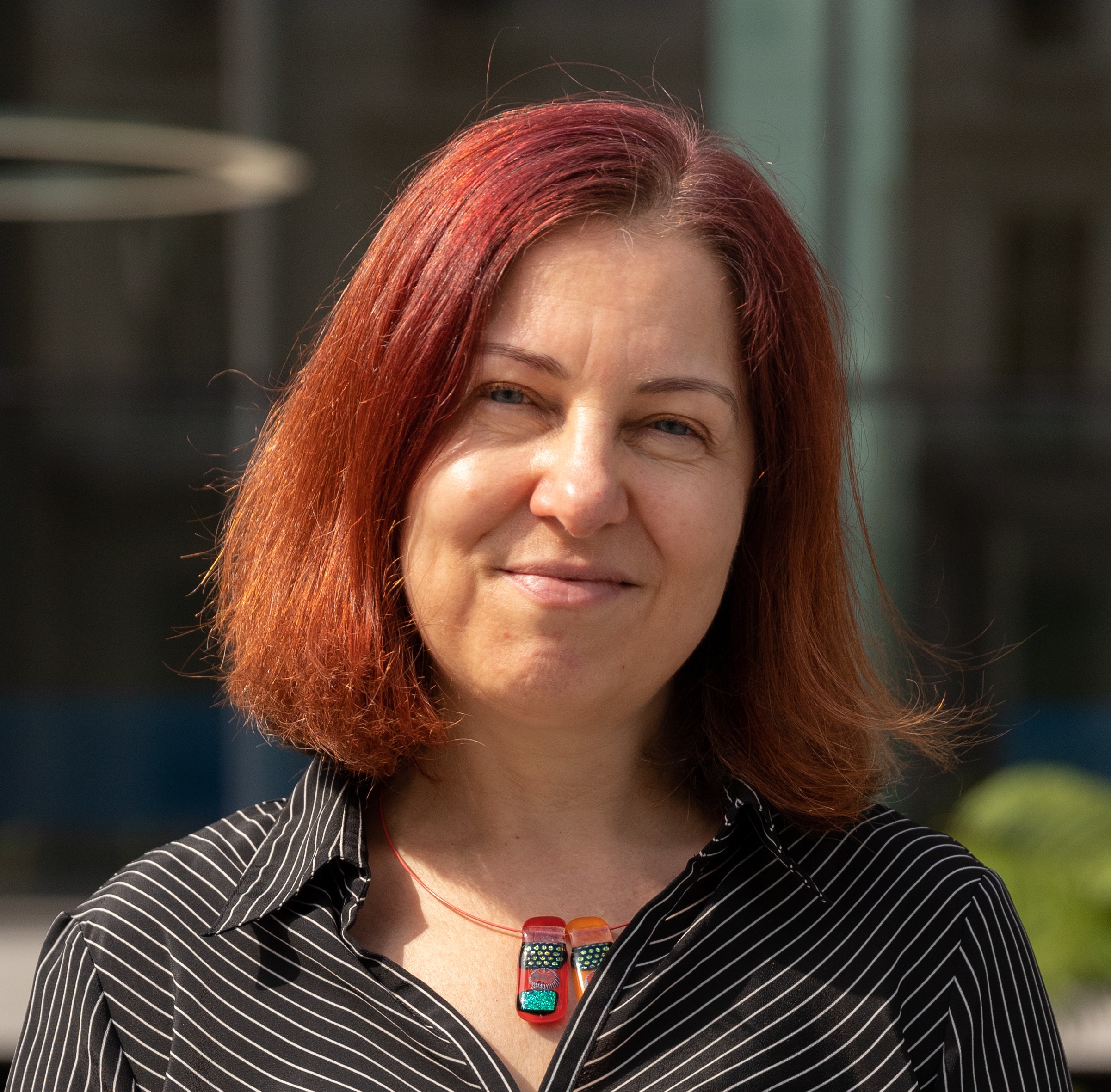
Dr Jacqueline Edge
Imperial College London
- Group:Co-Investigators
Dr Jacqueline Edge
Imperial College London
Specialism: Mechanical Engineering
Institution: University of Birmingham
Jacqueline grew up in South Africa and completed first a B.Sc. in Zoology and then a B.Sc. in Computer Science, both at the University of Cape Town. This led to a career as an internet developer and, after moving to London, developing banking intranet tools. Since banking is not known for its social welfare activities, she decided to go back to study clean energy at UCL, starting with an M.Sc. in Nanotechnology and finally a Ph.D. in Hydrogen Storage.
She ran the Energy Storage Research Network in the Energy Futures Lab at Imperial College London for four years, facilitating research collaborations in the growing area of energy storage. She is now a Faraday Institution Project Leader in the Mechanical Engineering Dept. of the College, managing a large research consortium on Multiscale Modelling of Li-ion Batteries, as well as a Co-Investigator in the ReLiB project, leading the sustainability modelling work.
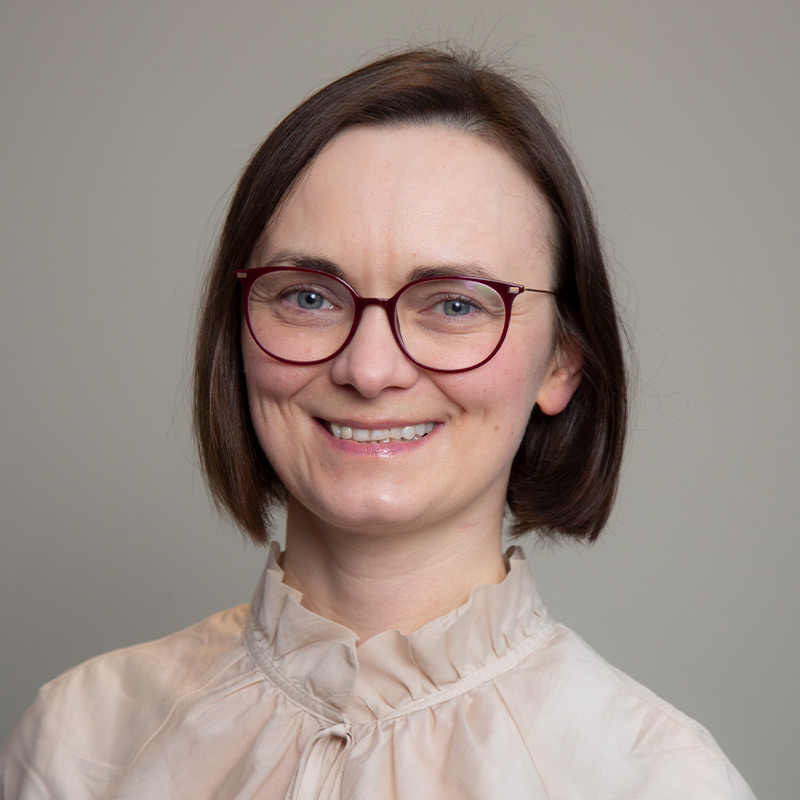
Dr Dominika Gastol
University of Birmingham
- Group:FI Researchers
Dr Dominika Gastol
University of Birmingham
Institution: University of Birmingham
Department: Metallurgy and Materials

Alex Green
University of Birmingham
- Group:PhD Students
Alex Green
University of Birmingham
Specialism: Chemistry
Institution: University of Birmingham
Department: PhD School of Chemistry FT

Dr Gavin Harper
University of Birmingham
- Group:Co-Investigators
Dr Gavin Harper
University of Birmingham
Specialism: Techno Economic Analysis
Institution: University of Birmingham
Department: Metallurgy and Materials

Jamie Hathaway
University of Birmingham
- Group:PhD Students
Jamie Hathaway
University of Birmingham
Specialism: Chemical Engineering
Institution: University of Birmingham
Department: PhD Dept Metallurgy and Materials FT
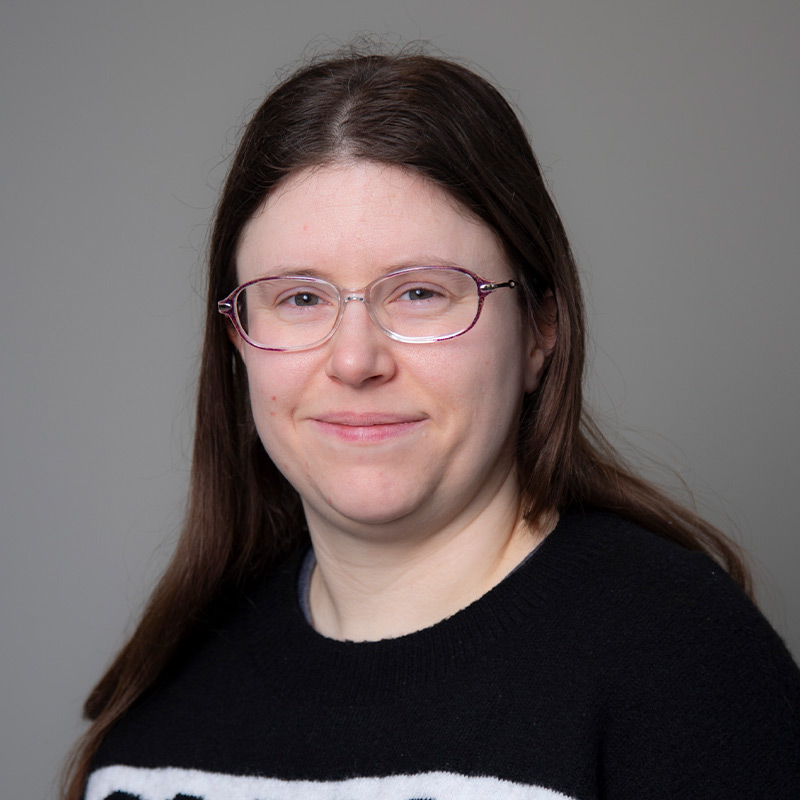
Dr Jennifer Hartley
University of Leicester
- Group:FI Researchers
Dr Jennifer Hartley
University of Leicester
Specialism: Electrochemistry
Institution: University of Leicester
Dr Hartley studied for her MChem (2.1) at the University of Leicester from 2005-2009, and then did her PhD with Prof. Abbott from Jan 2010 – April 2013 on the topic of ‘Ionometallurgy: The Processing of Metals Using Ionic Liquids’. She has worked as a PostDoc in the group of Prof. Gero Frisch from September 2013 -September 2018 in the Technical University of Freiberg, Germany on the DfG-funded project ‘Designed Redox Properties of Strategically Important Metals Through Ionometallurgy’.
Dr Hartley is currently working on the ReLiB project supporting Professor Andy Abbott’s team. Her interests are how redox behaviour in ionic liquids is affected by metal speciation and electrode surface effects.
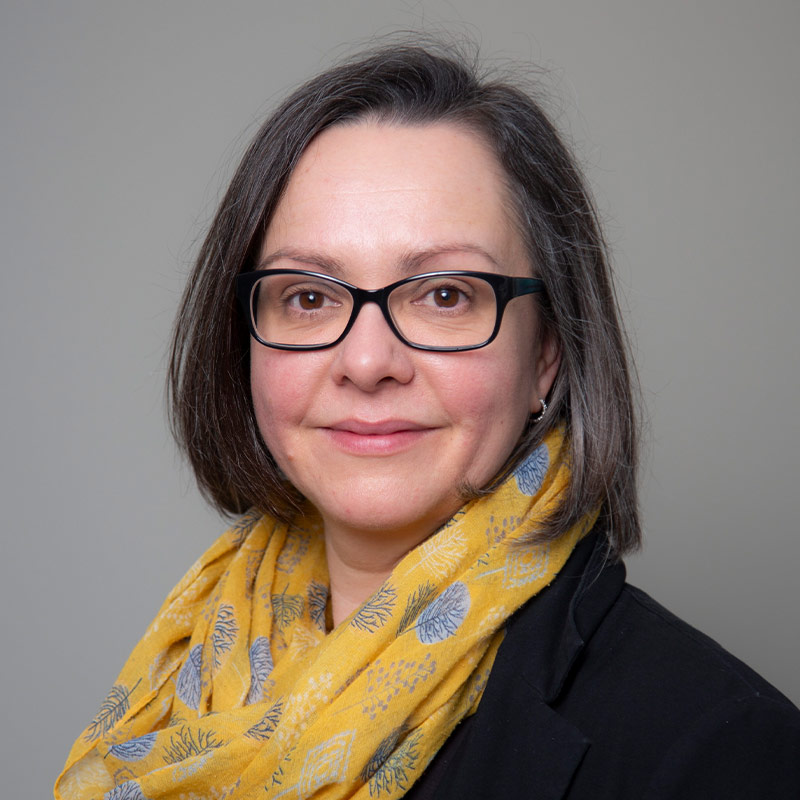
Professor Louise Horsfall
University of Edinburgh
- Group:Co-Investigators
Professor Louise Horsfall
University of Edinburgh
Specialism: Biotechnology
Institution: University of Edinburgh
Professor Louise Horsfall is a Chair of Sustainable Biotechnology at the University of Edinburgh and Associate Director of the Centre for Science at Extreme Conditions. She is a synthetic biologist, working at the interface of biology, chemistry, engineering and social science, and regularly collaborates with industry from new start-ups to large multinationals.
Her research involves the engineering of biological parts, systems and devices to recover metals from contaminated waste, water and land. She uses biology to add value to the recovered metal and to provide a route for its reuse.

Dr Guozhan Jiang
University of Birmingham
- Group:FI Researchers
Dr Guozhan Jiang
University of Birmingham
Specialism: Chemical Engineering
Institution: University of Birmingham
Dr Guozhan Jiang’s research interest focuses on waste valorisation via a chemical engineering approach. His previous work includes delivery of research in carbon fibre recycling, supercapacitor recycling, lignin thermal transformation, fermentative production of biopolymers and plastics recycling at various UK universities. He is currently working on the ReLiB project at the University of Birmingham with Professor Gary Leeke.
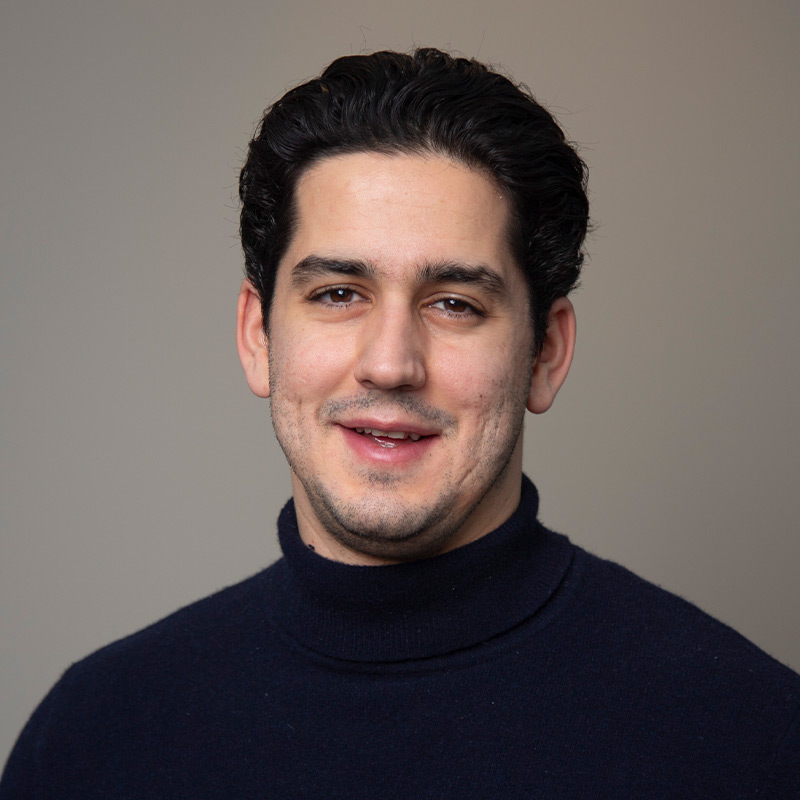
Dr Evangelos Kallitsis
Imperial College London
- Group:FI Researchers
Dr Evangelos Kallitsis
Imperial College London
Institution: Imperial College London
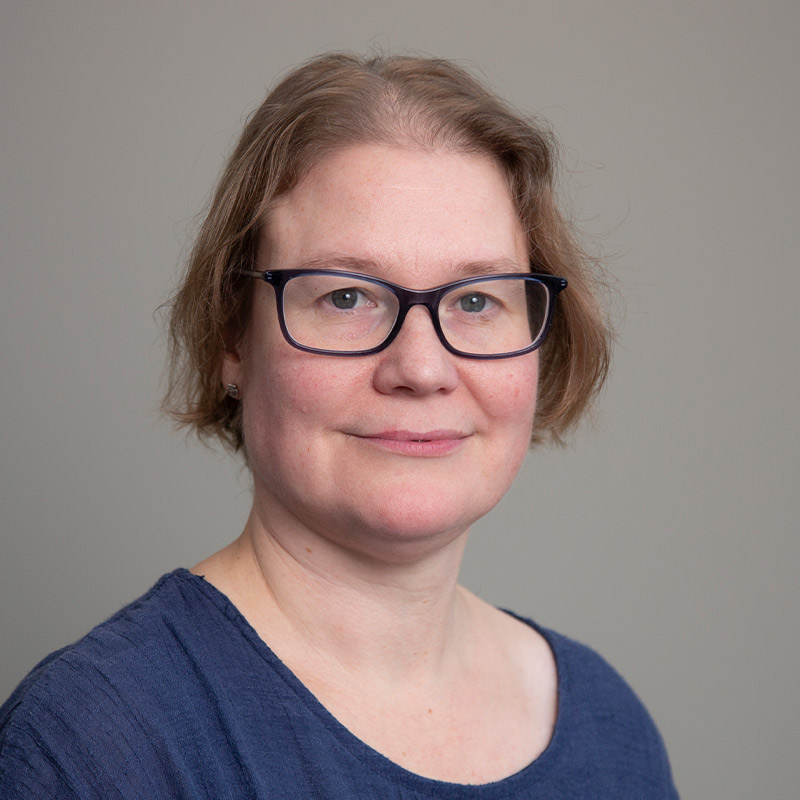
Professor Emma Kendrick
University of Birmingham
- Group:Co-Investigators
Professor Emma Kendrick
University of Birmingham
Specialism: Materials Chemistry
Institution: University of Birmingham
Department: Metallurgy and Materials
Professor Emma Kendrick is a leading expert in novel sustainable battery technologies, specialising in innovations across manufacturing, materials development, and end-of-life recycling. Her research focuses on reducing the environmental impact of lithium and sodium-ion batteries through greener processing methods, novel electrode architectures, and scalable recycling solutions. With a track record of translating laboratory advances into industrially relevant processes, she works closely with stakeholders across the battery value chain to enable a circular economy in energy storage.

Dr Chunhong Lei
University of Leicester
- Group:FI Researchers
Dr Chunhong Lei
University of Leicester
Specialism: Electrochemistry
Institution: University of Leicester
Dr Lei has worked on research projects related to electrochemistry and conducting polymers in several universities. These projects have included nanomaterial processing and characterization, fabrication and analysing of organic photovoltaic solar cells and supercapacitors, electrochemical deposition of semiconductors and metal alloy from ionic liquid electrolytes and scaling up in a pilot trial.
He is currently working on the ReLiB project at Leicester University.

Professor Gary Leeke
University of Birmingham
- Group:Co-Investigators
Professor Gary Leeke
University of Birmingham
Specialism: Chemical Engineering
Institution: University of Birmingham
Professor Gary Leeke has over 20 years’ expertise in resource efficiency and the development of processes to recover, upgrade and remanufacture materials and chemicals. He works at the interface of chemical engineering/chemistry/materials and has expertise in high pressure engineering and thermo-chemical processing, specifically in reaction engineering, separation technology, polymer/composite processing and remanufacture, waste materials and the circular economy. Professor Leeke led the EPSRC funded EXHUME project (EP/K026348/1), investigating the deconstruction of fibre reinforced composite. He currently heads the chemical engineering activities on the Faraday Institution funded ReLiB project investigating the recycling of lithium ion batteries and three government funded projects (Innovate UK 74000-496338, BEIS Energy Entrepreneur Fund 5 and British Council Institutional Links, 279359364) dealing with the transformation of plastic waste into chemical products.

Professor Simon Lambert
University of Newcastle
- Group:Co-Investigators
Professor Simon Lambert
University of Newcastle
Specialism: Electrical & Electronic Engineering
Institution: University of Newcastle
Prof Simon Lambert is a member of academic staff in the Electrical Power research group of the School of Engineering at Newcastle University (UK). For over ten years he has worked on the characterisation of electrochemical energy storage systems and electrical integration technologies such as battery management and charger systems.
He has managed research programmes in collaboration with EV OEMs such as Renault, Daimler and Nissan resulting in having developed and fully industrialised non-destructive testing techniques for quality control and detecting aging mechanisms of Li-ion batteries.
He is currently one of the lead investigators in the Recycling of Lithium-ion batteries project (ReLiB) which is one of four flagship Faraday Institution research programmes in the UK.
WORK STREAM 1: Pack to Cell
Autonomous disassembly with integrated, hierarchical testing
The cost of dismantling and testing can currently account for 60% or more of the EoL value of EV battery packs. Furthermore, the potential for fire, chemical and electrical hazards (especially for older packs of uncertain history or abuse) means that automation is far safer than disassembly by human operatives.
This work stream is dedicated to the development of quick and efficient automated disassembly of full vehicle packs and integrated hierarchical testing. The work stream ethos assumes that a decision has already been made at the vehicle or pack level that the pack in its entirety cannot be used for second life as it is and must be disassembled, either fully for recycling or partly to recover any reusable modules. The WP is framed around the UoB robotic facility at Tyseley and aims to deliver a largely autonomous disassembly line representing the ReLiB process from pack to cell scale. The process also includes a hierarchical, multi-scale, multi-metrology testing regime at strategically important points during the disassembly process.
The robotics team at Birmingham will use the robotic facilities installed at Tyseley to develop automated disassembly operations at multiple scales. The team at Newcastle will support automation of dismantling, including integration of required testing. They will also support materials flow and access to materials from used battery packs, and build on work to cross-reference non-destructive and post-teardown characterization of cells. At pack level, automation will continue to focus on the mechanics of disassembly, while module and cell level dismantling will aim to integrate advanced electrical, thermal, acoustic and XRD metrology to ensure safety. UCL will join as a new partner in the project to develop a library of X-ray CT scans of different cells with the aim of developing automated image collection, digital disassembly protocols, and an autonomous an in-line testing process for assessing the safety of cells during automated dismantling.
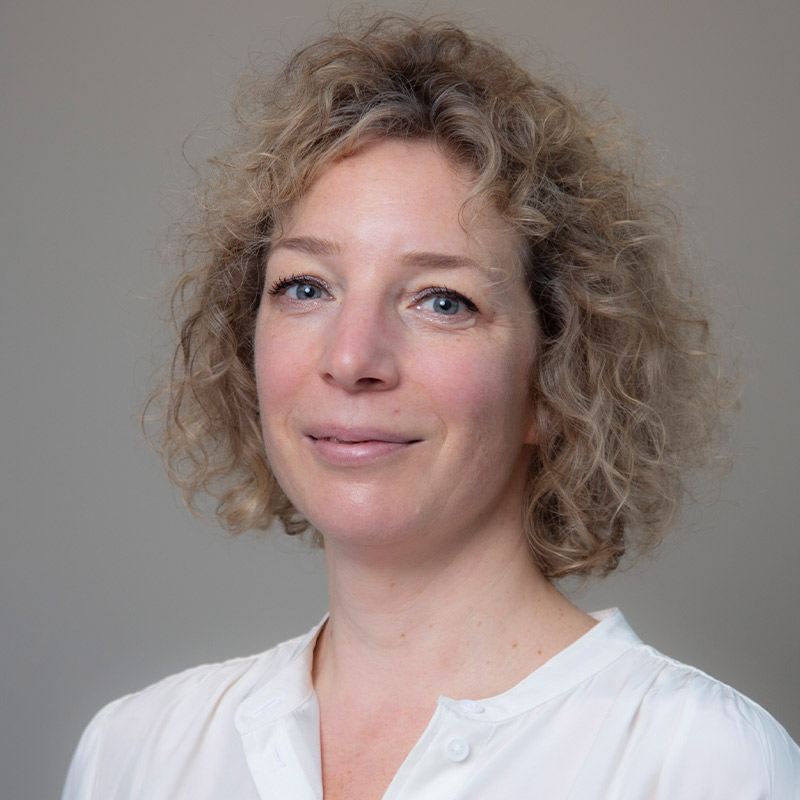
Nathalie Madoc
University of Birmingham
- Group:PM Team
Nathalie Madoc
University of Birmingham
Institution: University of Birmingham
Nathalie Madoc -Project Administrator is developing and implementing the communication strategy which includes social media management. She also coordinates events and meetings organisations and supports the project management team.

Mohamed Mamlouk
University of Newcastle
- Group:Co-Investigators
Mohamed Mamlouk
University of Newcastle
Institution: University of Newcastle
Mohamed Mamlouk is the Professor of Electrochemical Engineering at Newcastle University with over 20 years’ experience in modelling, fabrication, optimization and diagnostics of Electrochemical energy storage and conversion technologies. With a background in applied chemistry and Electrochemical Engineering, Mohamed works across science and engineering disciplines.
He currently leads several projects on electrochemical conversion and storage technologies including hydrogen production and batteries: Advancing sustainability in EV battery recycling, A data-driven optimal decision-making toolkit for lithium-ion battery recovery and recycling, Global Hydrogen Production Technologies (HyPT) Center, Ocean Renewable Energy programme grant (conversion to carbon free fuels) and Anion Exchange Membrane Electrolysis from Low-grade water sources. Previous projects included: Li-ion degradation project and Earth abundant metal air batteries.
Mohamed’s research expertise includes the use of mathematical modelling to improve electrochemical reactors’ design and performance, and developing diagnostics and materials to improve the sustainability, performance and stability of electrochemical devices including polymeric and inorganic electrolytes and earth abundant metal/oxide catalysis.
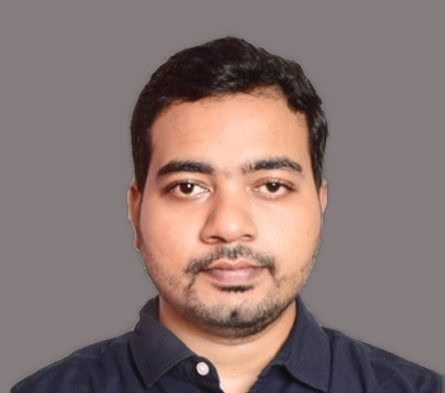
Dr Milon Miah
University of Birmingham
- Group:FI Researchers
Dr Milon Miah
University of Birmingham
Specialism: Electrochemistry & Nanotechnology
Institution: University of Birmingham
Department: Chemistry
Dr. Milon Miah works as a Research Fellow in the School of Chemistry at the University of Birmingham, within the Prof. Peter Slater Group.
He graduated from the Indian Institute of Technology in Kharagpur, India and completed his Ph.D. from the Indian Association for the Cultivation of Science. During his PhD study, the main research topic was the charge transport and electrochemical properties of graphene-based energy storage materials. In 2021, he joined the Centre for Hydrogen and Fuel Cell Research at the University of Birmingham as a Marie Curie Postdoctoral Research Fellow and started his research into low temperature fuel cells (PEMFC, DMFC). His research interest lies in enhancing the performance of energy storage devices such as lithium ion batteries, supercapacitors and advanced batteries with the help of multifunctional nanoscale materials.
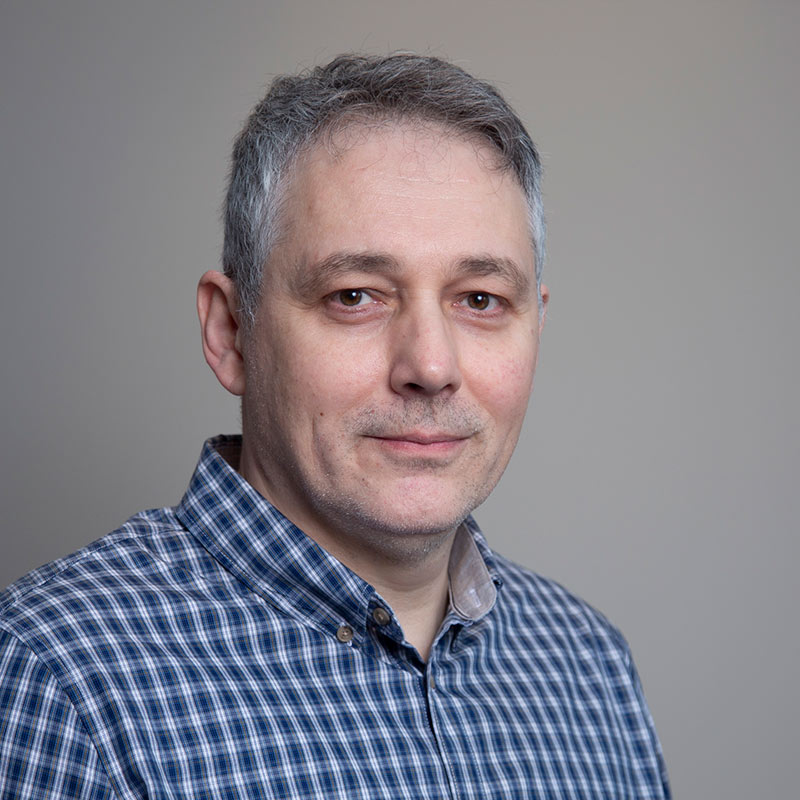
Dr Zoran Milojevic
Newcastle University
- Group:FI Researchers
Dr Zoran Milojevic
Newcastle University
Specialism: Mechanical Engineering
Institution: Newcastle University
Dr Milojevic obtained his MSc in Mechanical Engineering and Automatic Control in 1995 at the Faculty of Technical Sciences, University of Novi Sad (Serbia), where he also finished his Magister and PhD studies in 2002 and 2008 respectively. He became a Full Professor in 2018 at the University of Novi Sad.
Since October 2018 he has been employed by Newcastle University where he works as a Senior Research Associate on the ReLiB Project.
Dr Milojevic’s interests lie within the fields of LiB’s thermal behaviour FEA modelling, ununiformed ageing of the LiBs from EV battery packs and LiB safety.
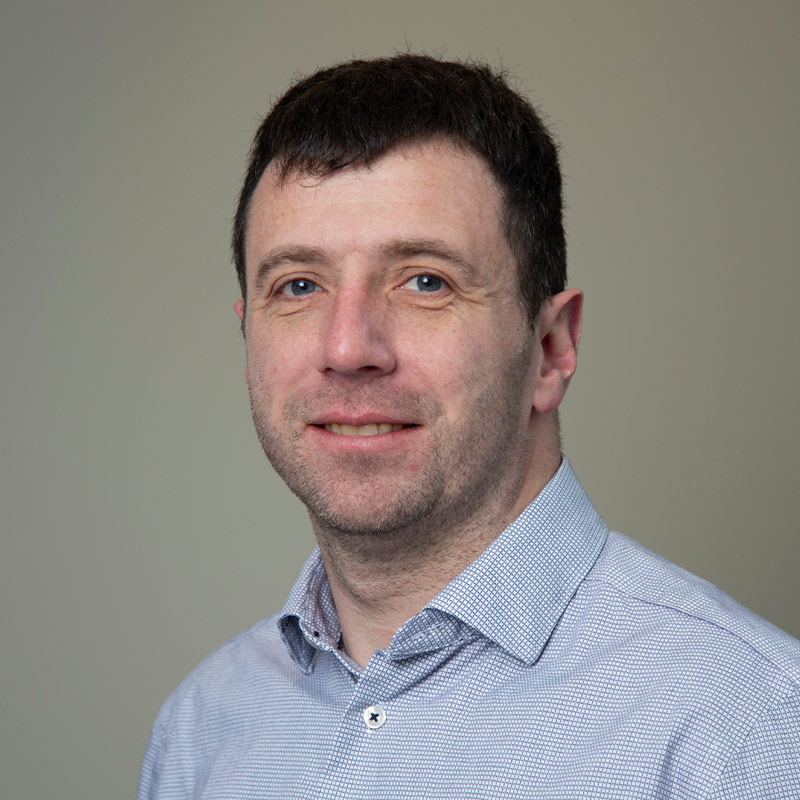
Dr Daniel Reed
University of Birmingham
- Group:Co-Investigators
Dr Daniel Reed
University of Birmingham
Specialism: Materials Chemistry
Institution: University of Birmingham
Daniel Reed is a lecturer in materials chemistry in the School of Metallurgy and Materials, and Director of the EPS Foundation Year. His research interests lie in the area of energy storage materials, focused on increasing the safety and anode capacity of Li- and Na-ion batteries. He works on the design, synthesis and characterisation of new materials, phases and composites. Daniel has expertise in variable temperature, pressure and position in situ measurement techniques using x-ray diffraction and Raman spectroscopy.

Professor Karl Ryder
University of Leicester
- Group:Co-Investigators
Professor Karl Ryder
University of Leicester
Specialism: Physical Chemistry
Institution: University of Leicester
Professor Karl Ryder is a Professor of Physical Chemistry at the University of Leicester. He specialises in the applied study of electrodynamics and nucleation/growth processes at electrified interfaces of metals and other polymer based materials in novel ionic liquid solvents.
His research interests include electrochemical deposition and dissolution processes, surfaces and interfacial structure.
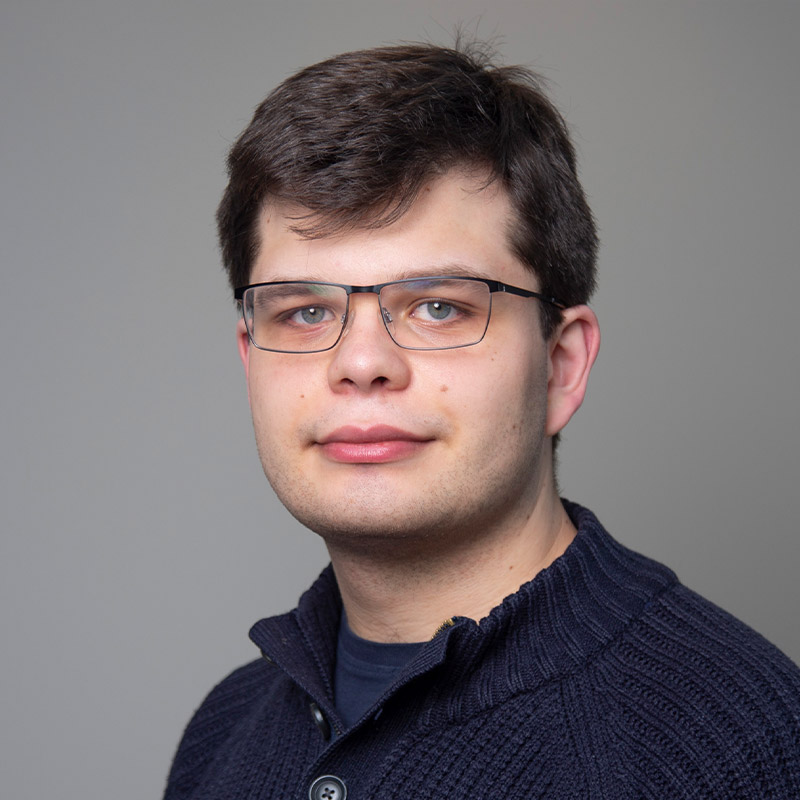
Dr Sean Scott
University of Leicester
- Group:PhD Students
Dr Sean Scott
University of Leicester
Specialism: Developing novel binders
Institution: University of Leicester
Dr Sean Scott completed his MChem (2:1) at the University of Leicester from 2015-2019. In his final year project he looked at the dissolution of metals from chromite and manganese ores using deep eutectic solvents, providing him with experience in material characterisation and electrochemistry.
Currently, he is working on a ReLiB PhD with Prof. Ryder and Prof. Abbott on the topic of ‘Alternative Binders to simplify the recycling of lithium ion batteries’. This aims to develop electrode materials, which are designed to be recycled through the use of alternative binders, which possess inherent flaws that can be exploited at the end of life.

Prof Paul Shearing
University of Oxford
- Group:Co-Investigators
Prof Paul Shearing
University of Oxford
Specialism: Chemistry
Institution: University of Oxford
Paul Shearing is a Professor in Chemical Engineering at University of Oxford where he holds The Royal Academy of Engineering Chair in Emerging Battery Technologies. His research interests cover a broad range of electrochemical engineering themes with a particular interest in the relationship between performance and microstructure for energy materials.
He co-directs UCL’s Electrochemical Innovation lab and leads the UK STFC Global Challenge Network in Batteries and Electrochemical Devices. He was a founding investigator of the UK’s Faraday Institution, where he chairs the Training & Diversity Panel and is PI of the LiSTAR programme investigating Li-Sulfur battery technologies.
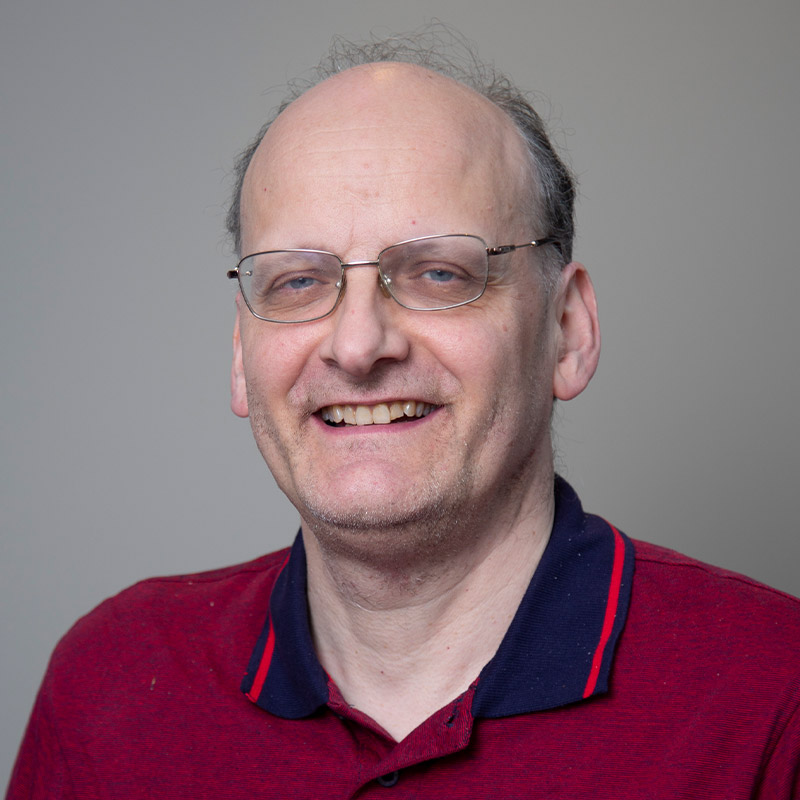
Professor Peter Slater
University of Birmingham
- Group:Co-Investigators
Professor Peter Slater
University of Birmingham
Specialism: Chemistry
Institution: University of Birmingham
Professor Peter Slater has more than 25 years’ research experience in the area of solid state/materials chemistry, ranging from battery materials to fuel cells.
In these areas he has published more than 200 papers in scientific journals, and has written more than 15 invited review articles. His present research is focusing mainly on the development of novel ionic and mixed conductors for energy storage and conversion applications (e.g. Li/Na ion batteries and solid oxide fuel cells), including the use of novel doping strategies to stabilise new systems/improve materials performance.
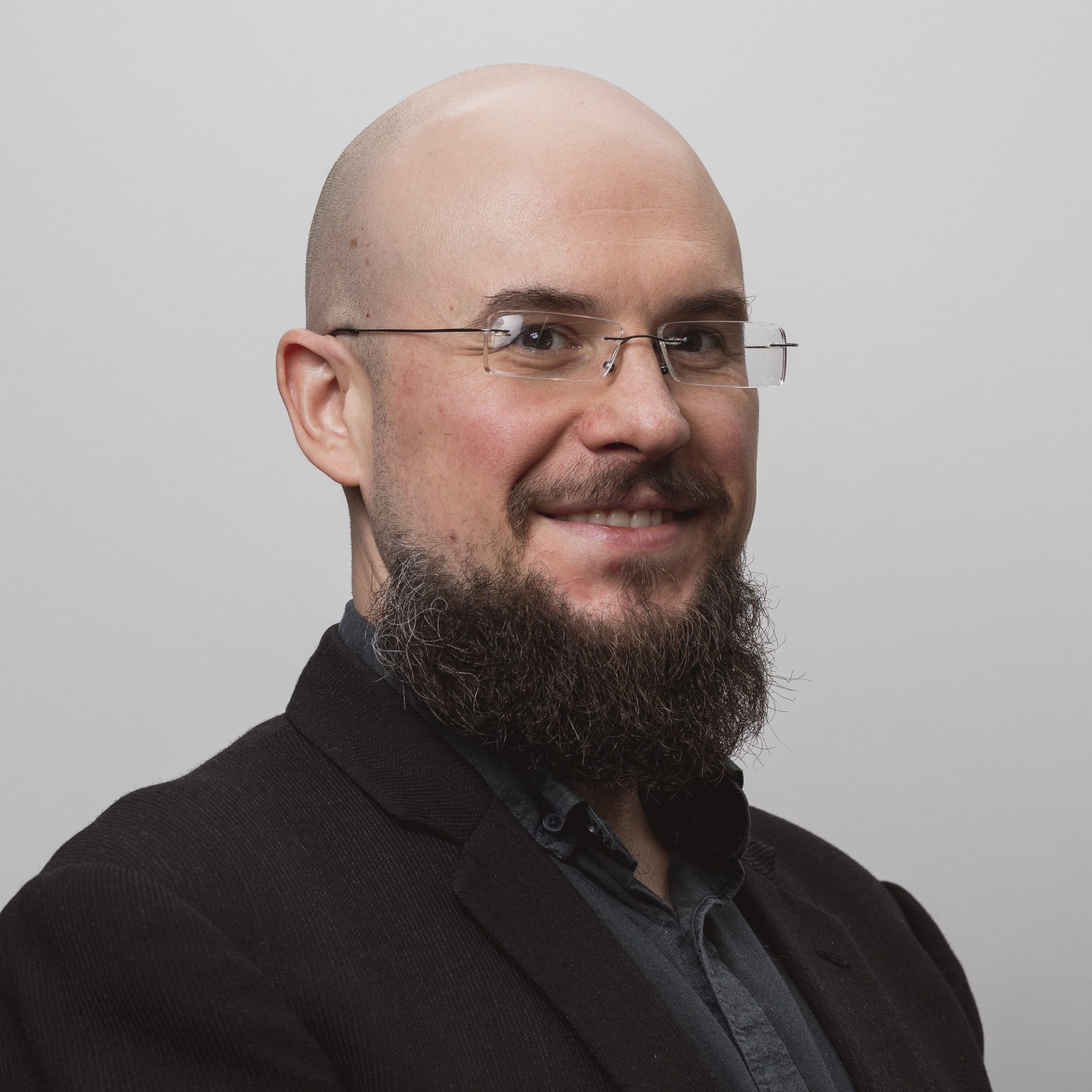
Dr Rob Sommerville
University of Birmingham
- Group:Co-Investigators
Dr Rob Sommerville
University of Birmingham
Specialism: Minerals Engineering, Physical Separation
Institution: University of Birmingham
Rob is an Assistant Professor in minerals processing, with research interests in extraction and recycling of strategic elements and critical materials. Within ReLiB, Rob is investigating cell disassembly, cell shredding, and the application of physical processing techniques to separate high purities of battery components to enable direct recycling, as well as black mass valorisation to upgrade existing black mass products. Beyond ReLiB, Rob has also been involved in other recycling projects: REBLEND (IUK), Revitalise (Horizon), DEMO (APC), and Recreate (EPSRC).

Dr Jake Yang
University of Leicester
- Group:Co-Investigators
Dr Jake Yang
University of Leicester
Specialism: Chemistry
Institution: University of Leicester
Jake is an electrochemist. He earned his degrees at Oxford before establishing his research group in 2023 as a Lecturer in Physical Chemistry at Leicester. His research leverages his understanding of electrochemical interactions to tackle environmental challenges. By applying these insights, he develops new methods for recovering valuable elements from electronic waste, innovating pollution-monitoring sensors, and advancing cleaner water treatment technologies. His work directly contributes to sustainability efforts, supporting the circularity of critical elements in sustainable technologies (ReLiB and RECREATE) and achieving cleaner water goals.
He co-authored the second edition of Electrode Potentials, an Oxford Chemistry Primer, and serves as a guest editor for a special issue of Current Opinion in Electrochemistry, highlighting electrochemical innovations for a more sustainable future.

Neil Todd
University of Birmingham
- Group:PM Team
Neil Todd
University of Birmingham
Institution: University of Birmingham
Neil implements our communication strategy, including social media management. He also co-ordinates the organisation of meetings and events and supports the project management team.
